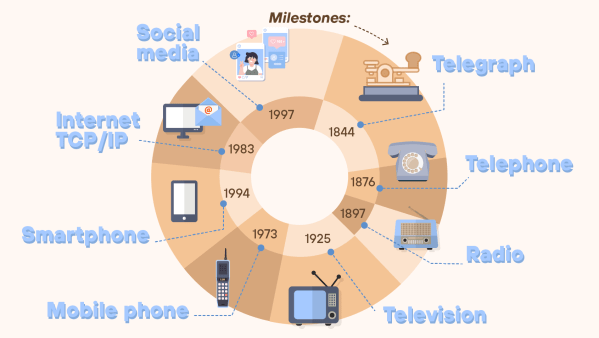In this article, we explore the challenges faced by telecommunications companies in Brazil and Mexico, and how these barriers affect the routine and expansion of infrastructure.
The case of Brazil: when connectivity is blocked by organised crime
In Brazil, the expansion of telecommunications infrastructure faces difficulties in certain regions where criminal groups have consolidated their control over the territory. A clear example is in Rio de Janeiro, where criminal organisations have expanded their domain beyond the favelas, exerting control over adjacent neighbourhoods [1].
In these areas, criminal groups set up roadblocks and restrict the movement of people [2], imposing illegal fees on residents and shopkeepers, promoting the sale of stolen goods and even monopolising access to fixed internet services. This results in a series of negative impacts:
- Restrictions on network expansion: in many cases, operators are unable to install new infrastructure because criminal groups block access for technicians.
- Limitations on maintenance and support: problems in the fixed and mobile networks can take a long time to resolve or even remain unresolved due to the lack of security for support teams.
- Quality of service affected: the lack of adequate maintenance and the impossibility of technological updating in these areas can generate an even greater digital divide.
This situation represents a significant challenge for the operational routine of telecommunications companies, which need to balance the expansion of connectivity with risk management for their teams, while guaranteeing quality in the provision of service.
The context in Mexico
According to Rodolfo Rodríguez Acuña, Head of Network Operations at Telefónica México, telecommunications companies in his country face a major challenge in the face of delinquency and organised crime, both in terms of the expansion of their infrastructure and its maintenance.
In recent years, it has been detected that in addition to extortion and theft from homes, there is theft of infrastructure, which is used for the installation of private networks of organised crime.
The National Chamber of the Electronics, Telecommunications and Information Technology Industry (CANIETI), an association that brings together operators, pointed out that telecommunications companies face extortion and control of local markets that prevent the maintenance and expansion of networks, in addition to the installation of pirate networks using stolen infrastructure [3].
Strategies and solutions: the way forward
Faced with this scenario, telecommunications companies have considered different options, including the possibility of establishing strategic collaborations with the authorities, such as the Army and the National Guard.
Another alternative is to carry out maintenance activities during the day, in areas where it is practically impossible to work at night.
Although these strategies have proven effective in some contexts, the challenge remains and operators must continue to innovate to overcome the barriers imposed by criminality and guarantee universal access to connectivity.
Conclusion
Access to telecommunications is now considered a fundamental right in contemporary society and a crucial tool for social and economic development. However, guaranteeing this access becomes a complex challenge for operators in regions where organised crime exercises territorial control.
In the face of this problem, it is crucial to strengthen cooperation between companies, governments and communities to develop innovative solutions that guarantee connectivity in a safe and efficient way.
Telecommunications are not just a service, but a fundamental pillar for digital inclusion and development. Facing these challenges with well-structured strategies and a long-term vision is key to building a connected future with equity.








